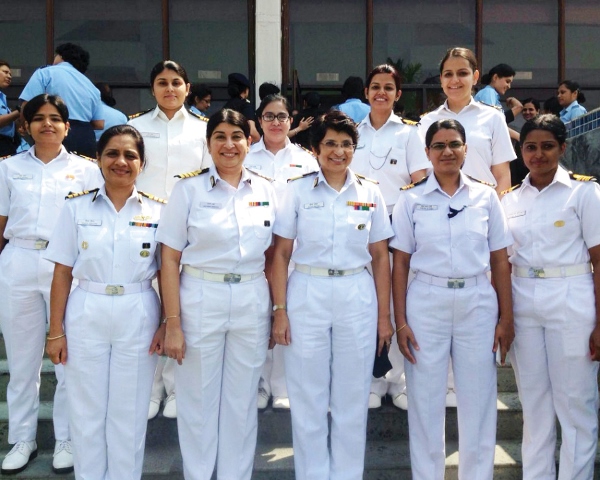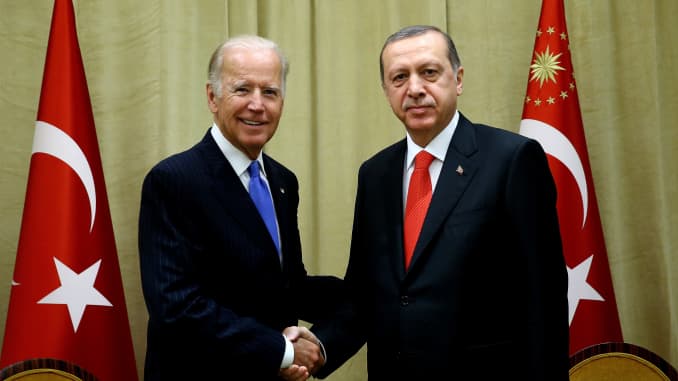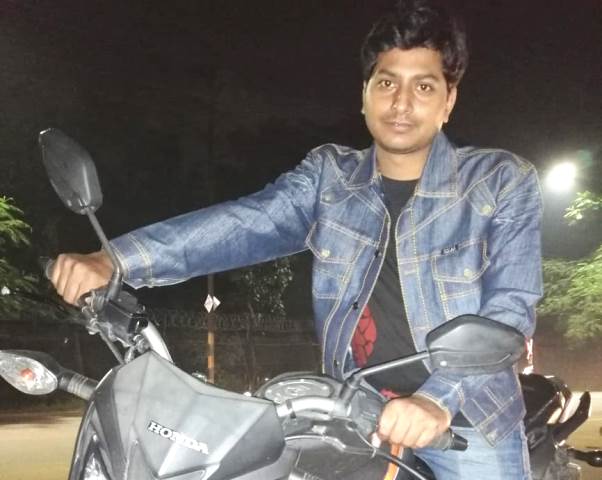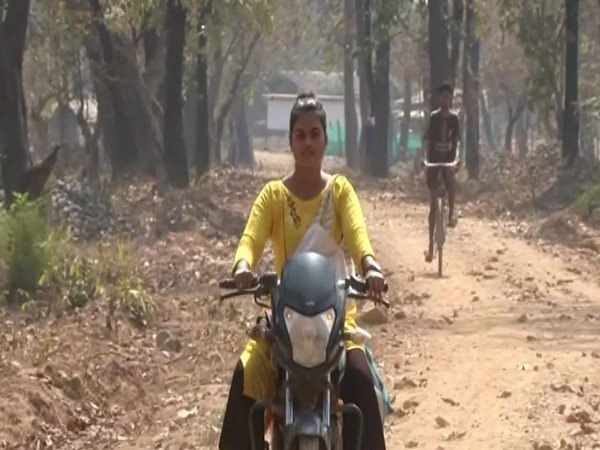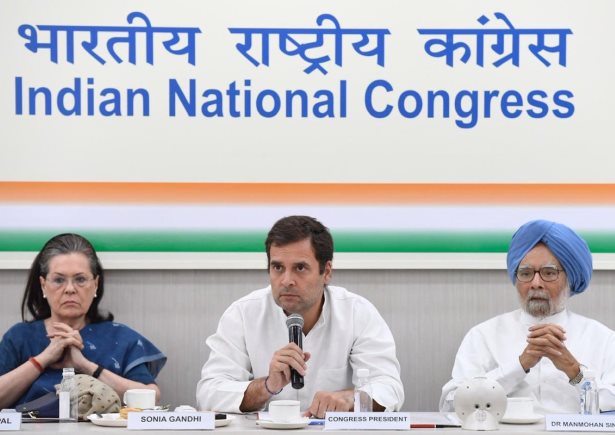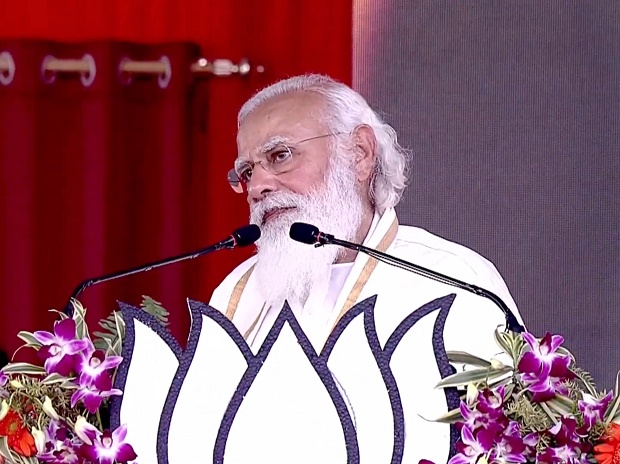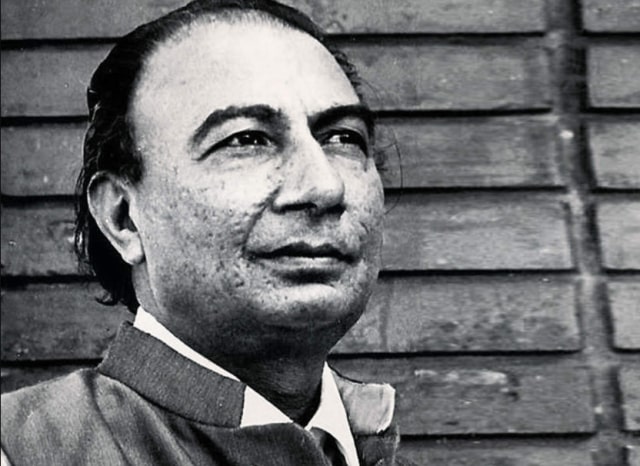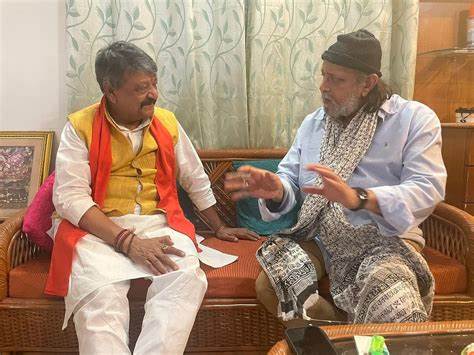“Zulm phir zulm hai, badhta hai toh mitt jaata hai” (Atrocities are what they are, when they increase, they get obliterated)
When farmers engaged in the ongoing agitation around Delhi and their supporters passionately recite Sahir Ludhianvi, one realises that the man who modestly called himself pal-do pal ka shayar lives on. He remains relevant, a century after his birth (March 8, 1921) and four decades after his death.
For a landlord’s son who shunned riches to stay with his mother, Sahir felt close to the farmer crushed by debt. He lives on because his heart ached for the commoner, like the soldier gone to fight someone else’s war, the woman forced to sell her body, the youth frustrated by unemployment or the family living on the street.
He was different from his contemporaries in that he did not praise Khuda (God), Husn (beauty) or Jaam (wine). Instead, he wrote bitter, sensitive lyrics about the declining values of society; the senselessness of war and politics. His sorrow-filled love songs conveyed that there were starker realities. He was the “bard for the underdog”.
This tribute, by one who knows neither Urdu nor poetry, is but a selection of Sahir’s lyrics in films, his times when people also applauded Majrooh Sultanpuri, Kaifi Azmi and many others. A certain commonality of ideas they espoused through lyrics marked the Indian cinema’s “golden age”. It was also the golden age of its content, even if the films were slow-moving, simplistic in characterisation and repetitive.
Sahir’s poetry was influenced by Faiz Ahmed Faiz and like Faiz, Sahir gave Urdu poetry an intellectual element that caught the imagination of the youth of the last century. They felt he reflected their feelings.
He was controversial. He insisted on charging a rupee more than Lata Mangeshkar, the reigning singing star. An internationalist, he was critical of the Indian approach. According to Gautam Kaul, writer/researcher on cinema, Sahir is the only poet who got the goat of those who profess to remove poverty. During the Emergency (1975-77), his songs included in the film Phir Subhah Hogi (1958) were given a fresh review and one song was banned: “Cheen-O Arab hamara, Hindustan hamara, Rehne ko ghar nahi hai, Sara jahan hamara.”
The relevance of Sahir’s contribution lies in his vision of universal brotherhood, of a syncretic India, where people of all faiths live in harmony as depicted in mandiron mein shankh bajey, masjidon mein ho azaan (Mujhe Jeene Do) and Tu Hindu banega na Muslamaan banega, insan ki aulad hai, insan banega (Dhool Ka Phool).
To be sure, these thoughts were always difficult to visualise and practice in reality, even as they inspired when disseminated through the most popular medium of mass entertainment. In the new century, it promises to be more difficult for a number of reasons.
For one, there is less of that sensitivity needed to understand and appreciate Sahir’s words and his message. Urdu or Hindustani is enmeshed between shudh Hindi and the urbanised Anglicization. There is less of that tehzeeb that inculcated love of the language and of poetry. Frankly, there was time at hand to relax and to brood. It is lacking in the technology-driven lives we live.
Then, change in the public discourse has resolutely pushed “us versus them” political culture. It has permeated to the social plane as well. Bollywood, for all its flaws, has been a secular oasis with its unique ethos. It has been targeted, precisely for this reason, in the recent years. This has seriously damaged the content and philosophy of an inclusive society that has shaped “the idea of India.”
In the new century, the Hindi cinema is arguably less romantic. The protagonist is more worried about his livelihood (rozi-roti). Good guy is passe. The one looking to make a quick buck through means fair and foul is the hero. He/she has become city-oriented chasing, not romantic ideas or angst against the tormentor, hurtling towards material gains, always in the fast-forward mode.
The present times have ended the socialist ideals espoused by Sahir and other ‘progressives’. One who controls and multiplies money (Yeh mehlon mein baithe huwe qatil, yeh lootere) is now the job-giver and benefactor, even if he torments and exploits. Once distrusted, even maligned in literature and cinema, and at the best, seen as a necessarily evil, he now calls all the shots – political, social and of course, economic. That change came with the 1990s. Remember, Dil Chahta Hai’s ‘Hum hain naye, andaaz kyun ho purana’ that came 20 years after Sahir was gone?
This change in the way the society looks at the capitalist was inevitable. The agitator for equality in the society, and certainly the poet who spun ideas to inspire the agitator, have lost their clout with global changes. One wonders if Sahir and others like him would have continued writing at all.
Post-Sahir, some like Gulzar and Javed Akhtar are very much into good poetry, but have had to lead the change in content and philosophy. Fact remains that in this era of fast music created by electronic instruments, with cinematic pursuit extended to television and the digital platforms, the demand-and-supply is so huge that quality suffers. Lyric is not every viewer’s cup of tea and occasionally if not often, it takes the absurd form of ‘jab tak rahega samosa mein aaloo’.
Old lyrics, and the yearning for old and meaningful has made nostalgia a big business. Music is on the internet and with songs digitized, heard more smoothly and widely than ever before. This has prompted books and music albums on Sahir and poets of his era. The generations that grew up on his lyrics have time and money to spend on re-living their youth. Sections of the young also appreciate good verse and melody.
Biopics of the famous were Bollywood’s flavour till the lockdown caused by Covid-19 was imposed. That pursuit has resumed. One reads sketchy reports of more than one film being made on Sahir that, it is claimed, are based on books written after research. One of them, by Akshay Manwani, discusses his songs and poems through the context of his life and the legacy that he has left behind. It is written with perspectives from luminaries, including Dev Anand, Yash Chopra, and Javed Akhtar.
Sahir’s relationship with poet Amrita Pritam is also part of the popular lore. Sanjay Leela Bhansali is supposed to be working on it. Names of top Bollywood actors like Abhishek Bachchan and Farhan Akhtar to play Sahir and to portray Amrita, Aishwarya Rai Bachchan, Priyanka Chopra Jonas, Deepika Padukone and Taapsi Pannu have been bandied about. An October 2020 report indicated that the project had been shelved. But biopics are an attractive proposition. It is a matter of time before it could revive.
Through all his angst, we return to Sahir’s self-evasive pal-do-pal sentiment: “Tomorrow there will be more who will narrate love poems. May be someone narrating better than me. May be someone listening better than you. Will anyone remember me? Why should anyone remember me? Why should the busy age waste its time for me?”
What would keep Sahir relevant today, tomorrow and for ever? His immortal lines, “Main zindagi ka saath nibhata chala gaya, har fiqr ko dhuen mein udata chala gaya.” Taking life in its strides. Can anything be closer to an individual?
The writer can be reached at mahendraved07@gmail.com
